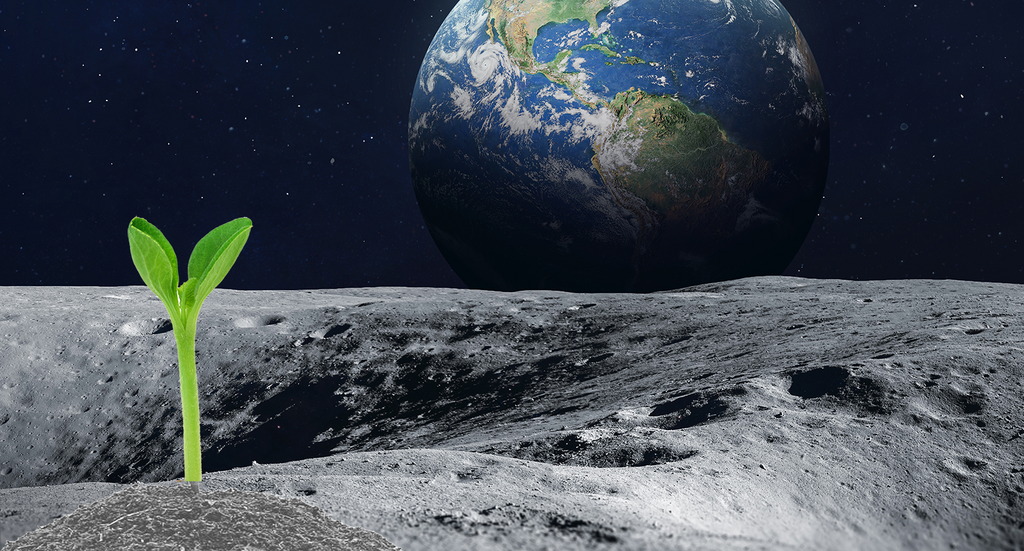Getting your Trinity Audio player ready...
A team of scientists, led by Dr. Mary Hagedorn, has proposed establishing a lunar biorepository, a cryogenic storage facility on the Moon, to preserve tissues, DNA samples, cells, embryos, and semen of endangered and crucial species.
The Moon's cold temperatures, permanently shadowed regions, and distance from Earth provide ideal conditions for cryopreservation without electricity or human maintenance, potentially lowering long-term costs compared to Earth-based facilities.
With over 8 million species on Earth and more than 1 million threatened, the lunar installation would enable long-term storage of samples from the most endangered animals in a passive and durable facility, counteracting anthropogenic drivers of extinction through urgent action.
The project faces challenges like space-resistant packaging, radiation mitigation, space transport, and international governance frameworks, requiring broad collaboration over decades.
Researchers propose storing samples underground or within lunar rock walls to block radiation.
The biodeposit aims to counteract natural disasters and potentially support space travel, offering an alternative approach to conserving Earth's biodiversity.
This article was written in collaboration with Generative AI news company Alchemiq
Sources: Futurism, Mystery Planet, Mashable, Rosario3, Terra, The Guardian, Gizmodo, New Scientist, Tecmundo, The Scottish Sun, Canaltech, ScienceDaily, El Comercio, EVZ.


